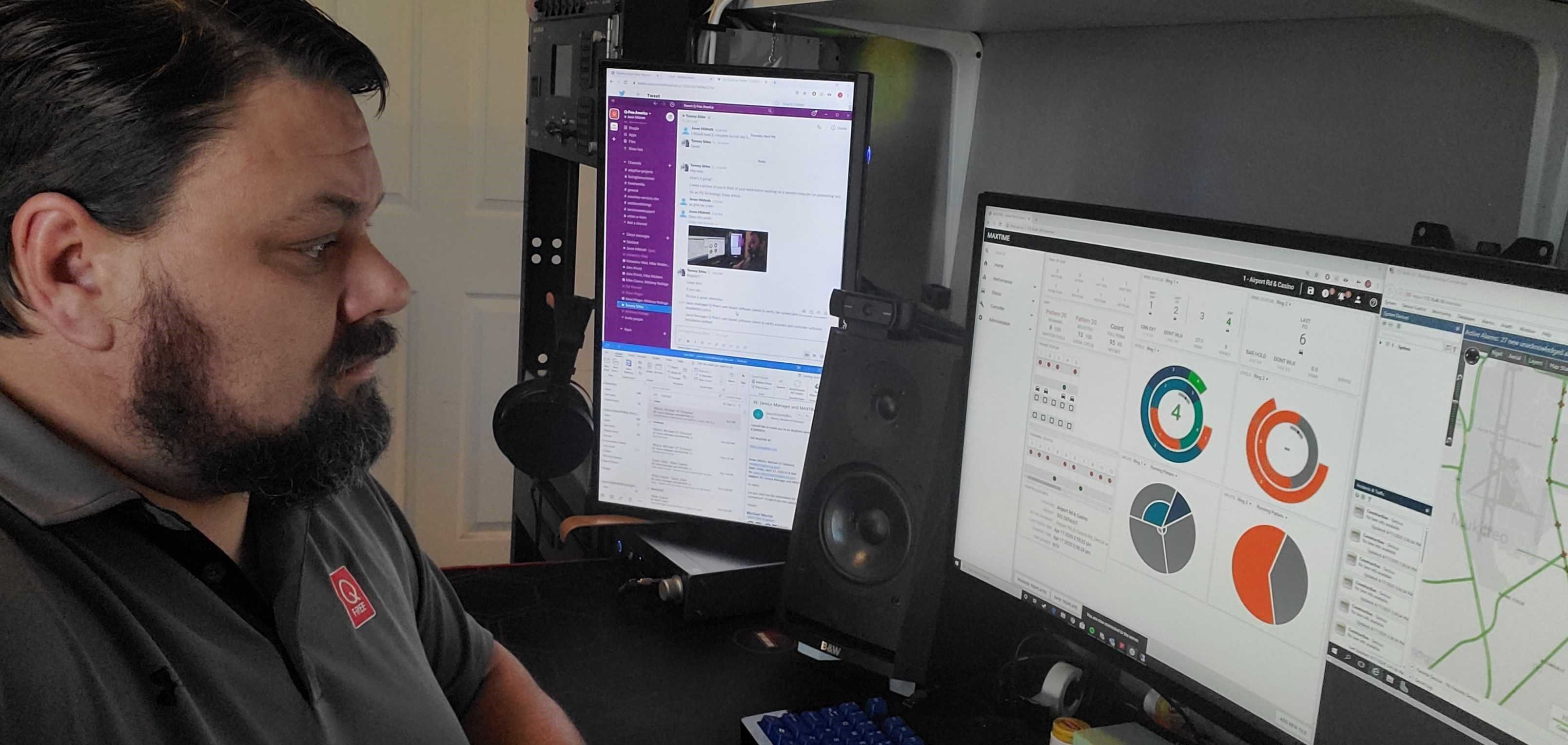Q-Free says openly sharing MIBs enables multi-vendor solutions to work, giving departments of transportation the freedom to select the best solution for their needs - while avoiding being locked into a single vendor or paying integration fees. It is also expected to promote fair competition and prevent taxpayers from overpaying for transportation infrastructure, the company adds.
The challenge and accompanying campaign called FREE the MIBS (or #FREEtheMIBS), follows Q-Free’s decision to release their manufacturer-specific MIBs to the company’s award-winning
Tom Stiles, executive vice president of urban solutions for Q-Free brand Intelight, says: “Proprietary MIBs are stifling innovation and forcing agencies to spend unnecessary money to manage traffic efficiently. The only way to get truly smart cities is to open these MIBs up so all technology pieces can communicate with each other.”
For traffic signal operations, the MIBs are used to manage traffic signals through the
According to Q-Free, this limits interoperability between devices and systems from different vendors and impedes the customer from choosing the best available solutions from multiple vendors. Sharing MIBs freely between manufacturers and agencies can alleviate these problems and help rid streets of unnecessary congestion caused by a lack of choice, the company adds.
Stiles explains that being compliant with existing standards is not the same as being open.
“I understand the fear because you’ll no longer be able to lock cities down from a sales perspective,” he continues. “But our industry has lacked innovation for the last 15-20 years, and bigger tech companies will eat us all if we don’t work together to make ourselves more adaptive to the growing Internet of Things culture.”
As part of the campaign, a collaborative website has been unveiled along with an accompanying hashtag, #FREEtheMIBS.
Q-Free calls on traffic signal companies to stop ‘stifling innovation’
Q-Free is challenging all traffic signal companies to release their management information bases (MIB) to speed up innovation and reduce agency costs.











